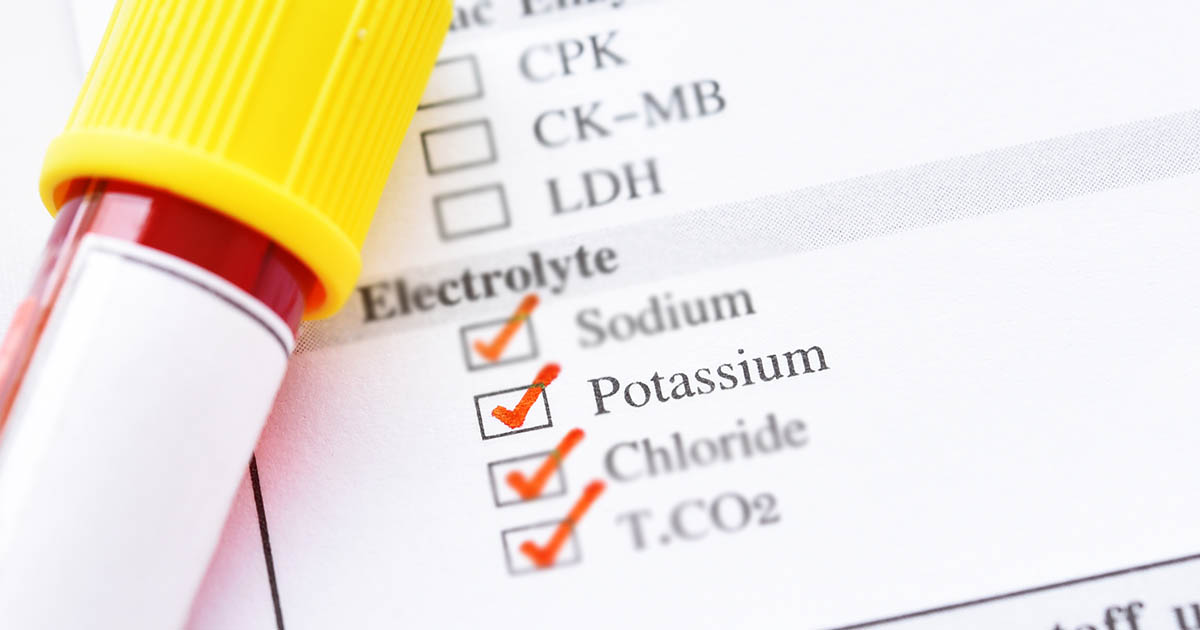Common Side Effects Of Diuretics
Diuretics, sometimes called water pills, are prescription medications that remove excess salt and water from the body by increasing urinary output. Diuretics are typically used to treat high blood pressure, congestive heart failure, kidney failure, liver cirrhosis, and glaucoma. Before prescribing a diuretic, doctors will ask the patient about their medical history. Diuretics may need to be prescribed with caution in patients who have conditions such as lupus, diabetes, gout, pancreatitis, or kidney disease. Due to the risk of possible drug interactions, patients should let their doctor know if they are taking lithium, digoxin, cyclosporine, antidepressants, or medications to treat high blood pressure. Many patients take diuretics on a long-term basis, and the medicine is generally well tolerated.
Most side effects of diuretics are mild. Some of the more frequent side effects are discussed below.
Issues With Potassium In The Blood

Several types of diuretics can cause issues with potassium in the blood. For example, thiazide diuretics may cause low levels of potassium. Patients with reduced potassium could experience fatigue, constipation, muscle cramps, and weakness. Potassium is involved in heart function, and inadequate levels could result in an irregular heartbeat that requires urgent treatment. Patients taking diuretics may need routine blood tests to monitor their potassium. Depending on the results, doctors might recommend the use of a potassium supplement. Individuals at an increased risk of low potassium might be prescribed a special type of diuretic known as a potassium-sparing diuretic. Unlike other diuretics, this type could result in an excess amount of potassium in the blood. Patients may experience vomiting, nausea, palpitations, chest pain, tingling, and breathing difficulties. To prevent life-threatening heart problems, urgent treatment is required to normalize potassium levels. Patients who use potassium-sparing diuretics may need to make dietary changes to reduce their potassium intake. This could involve reducing their consumption of bananas, potatoes, nuts, and seeds. Treatment recommendations will be adjusted according to the results of regular blood tests.
Reveal more side effects of diuretics now.